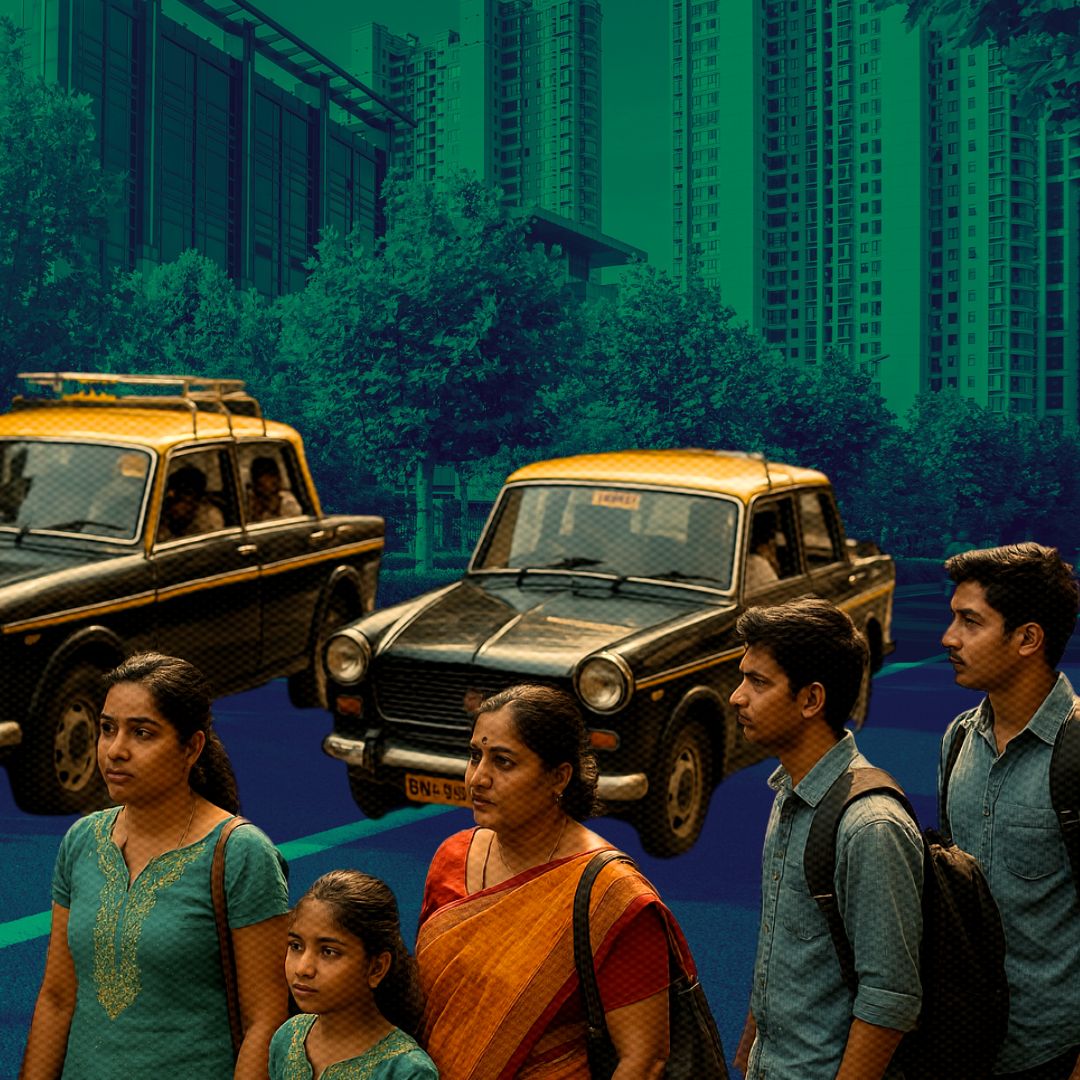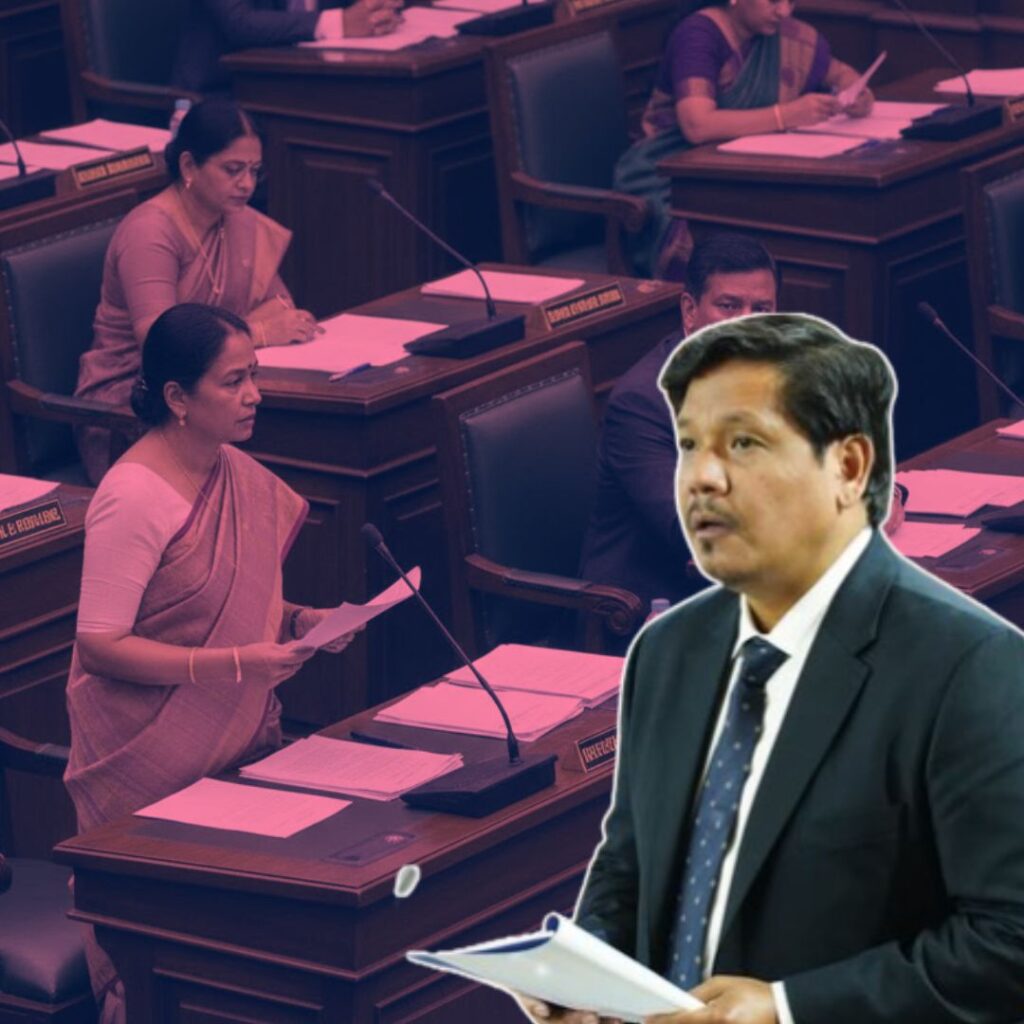On May 1, 2025, the Maharashtra cabinet approved the Aggregator Cabs Policy 2025, marking a watershed moment for app-based taxi services like Ola, Uber, and Rapido in the state. The policy introduces strict regulations on surge pricing, capping it at 1.5 times the base fare, and allows up to 25% discounts during off-peak periods.
It also sets clear penalties for ride cancellations: drivers who cancel must compensate passengers with ₹100 or 10% of the fare (whichever is lower), while passengers who cancel pay ₹50 or half the fare to the driver (whichever is less).
The policy further mandates real-time GPS tracking, police verification for drivers, and enhanced safety options for women. Aggregators must now maintain a physical office in Maharashtra and ensure drivers receive at least 80% of the fare, alongside training and welfare benefits.
Transparency, Safety, and Fairness for Commuters
The Aggregator Cabs Policy 2025 aims to address long-standing grievances of commuters, including unpredictable fare surges and frequent ride cancellations. A key feature is the mandatory installation of GPS trackers in all cabs, ensuring real-time monitoring and improved safety.
Police verification for drivers and in-app emergency contact features are now compulsory, providing commuters with greater peace of mind. Women passengers can opt for female drivers and co-passengers, a move widely welcomed by women’s rights groups.
The Regional Transport Authorities will oversee fare structures, ensuring compliance and transparency. “Until now, passengers were often left stranded due to last-minute cancellations and unpredictable surge fares. This policy brings much-needed accountability,” said a senior transport official, speaking on condition of anonymity.
Balancing Stakeholder Interests and Implementation
The policy was developed following recommendations from a committee led by retired IAS officer Sudhir Kumar Srivastava, in response to Supreme Court directives urging states to regulate the sector. The policy is notable for its focus on driver welfare: it guarantees drivers at least 80% of the fare per ride, access to training, medical insurance, and other welfare benefits.
Drivers with consistently low ratings will undergo refresher programs to improve service quality. Aggregators are required to set up a physical office in Maharashtra, install GPS in all vehicles, and ensure robust data security under the IT Act, 2000.
The state transport department is expected to release detailed implementation guidelines soon, and aggregators have been given a deadline to update their apps to reflect the new rules.
The Logical Indian’s Perspective
The Logical Indian welcomes the Maharashtra government’s balanced and progressive approach to regulating the app-based taxi sector. By capping surge pricing, penalising arbitrary cancellations, and mandating safety features, the policy sets a new standard for urban mobility in India.
It reflects a commitment to the safety, rights, and dignity of both commuters and drivers, and serves as a model for other states to follow.
As Maharashtra leads the way, we encourage all stakeholders to engage in constructive dialogue and work together to ensure these reforms translate into lasting positive change. How can we, as a community, further contribute to building a safer, fairer, and more inclusive transport ecosystem for all?












